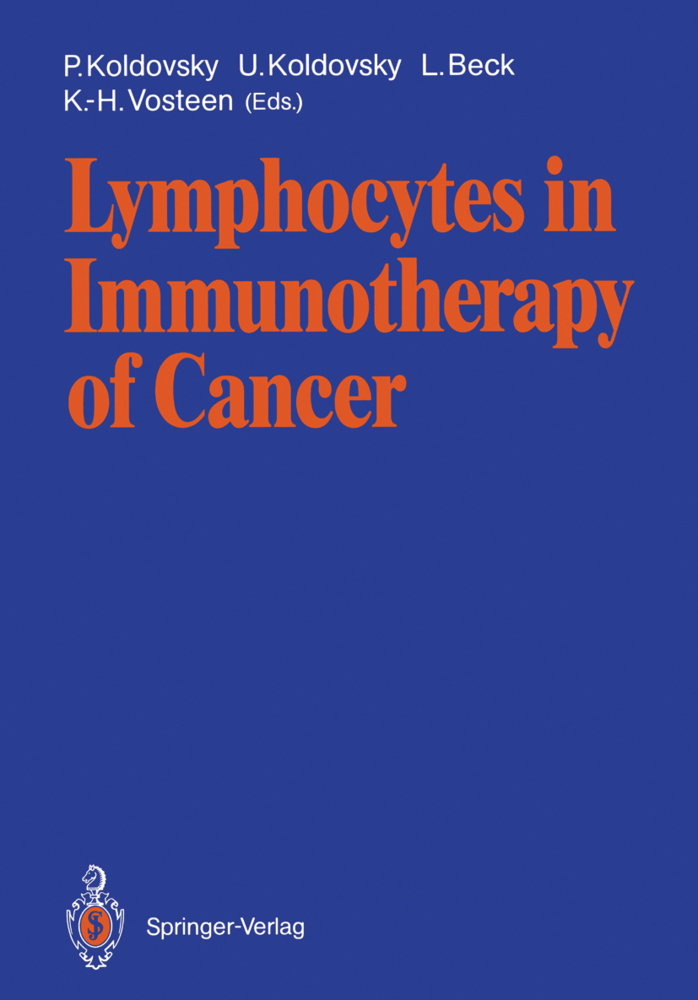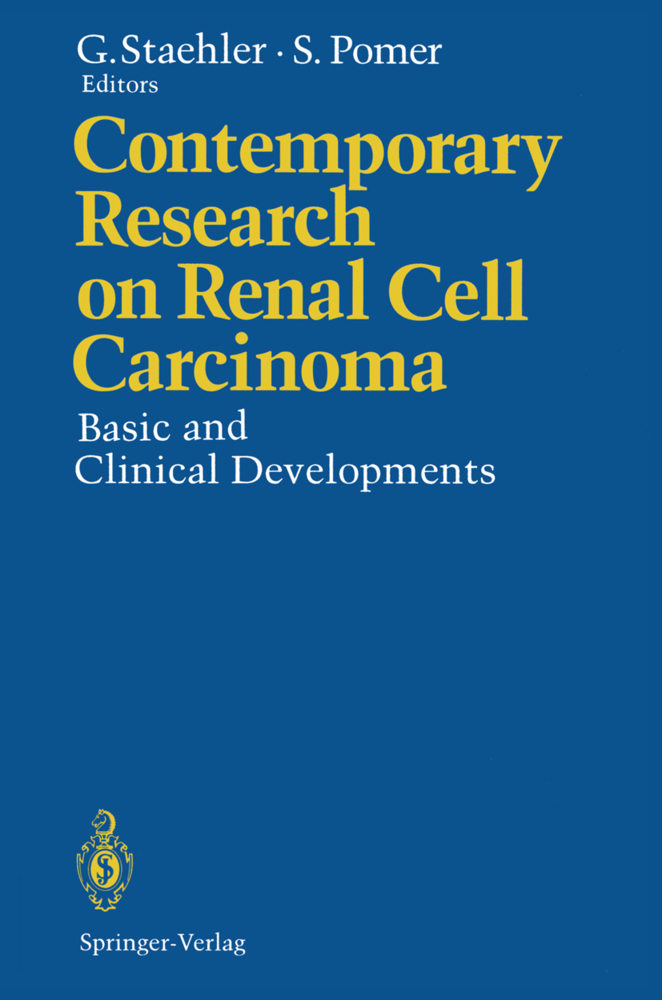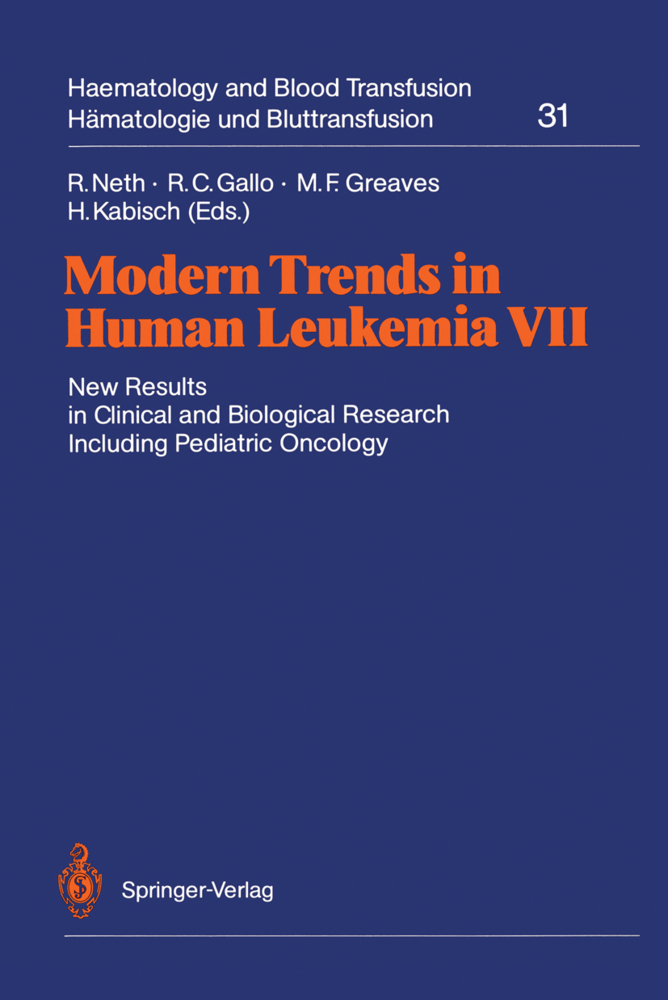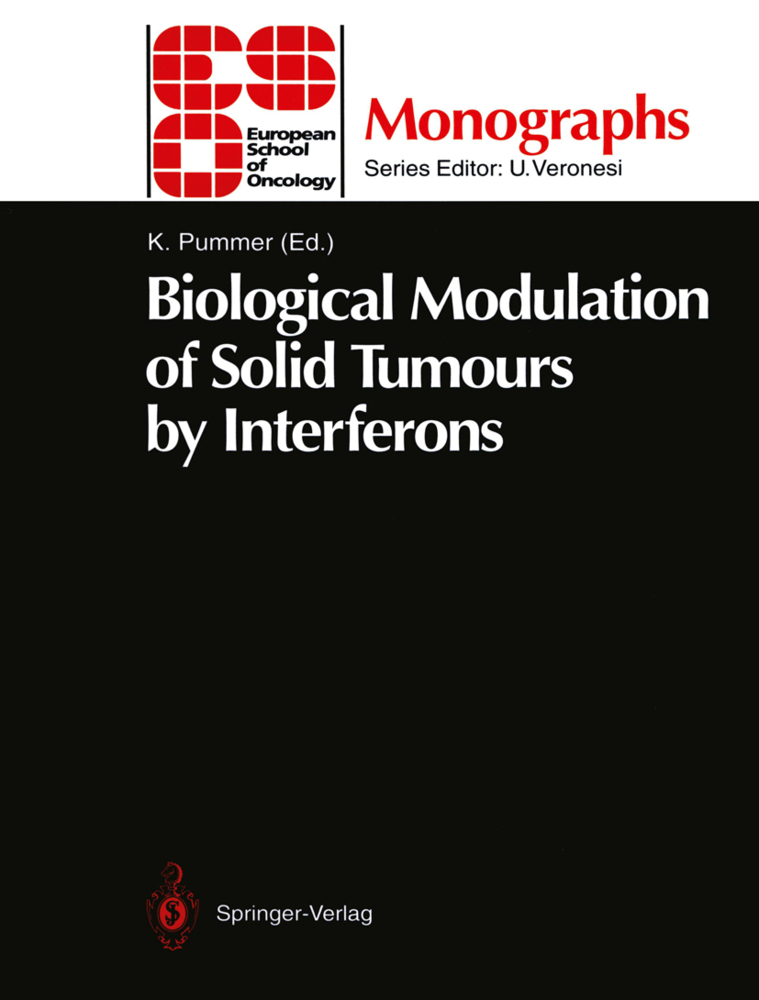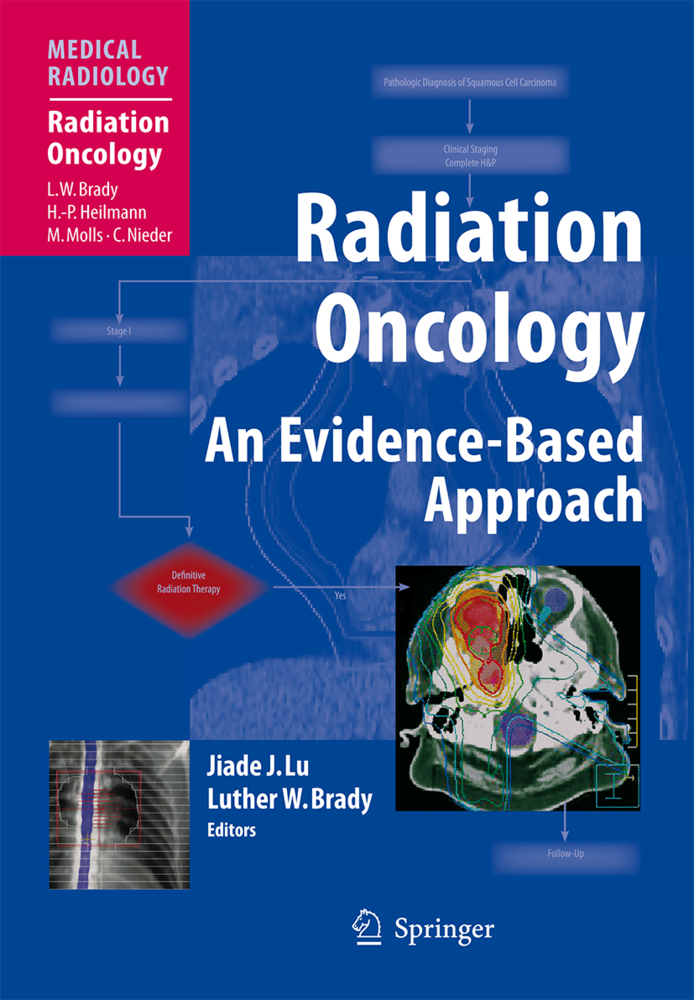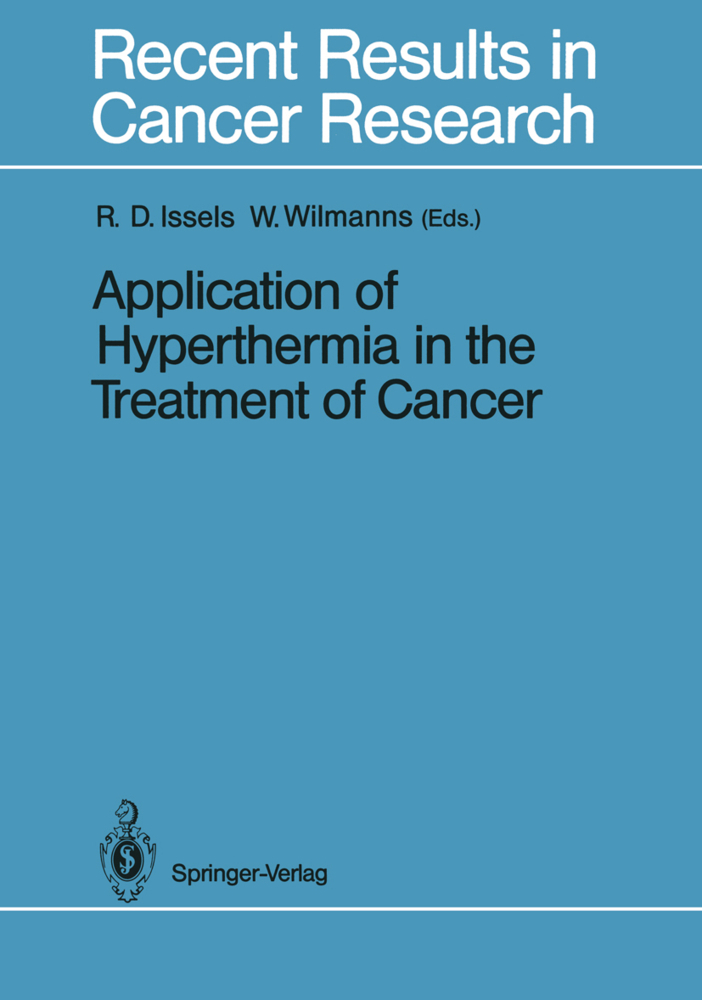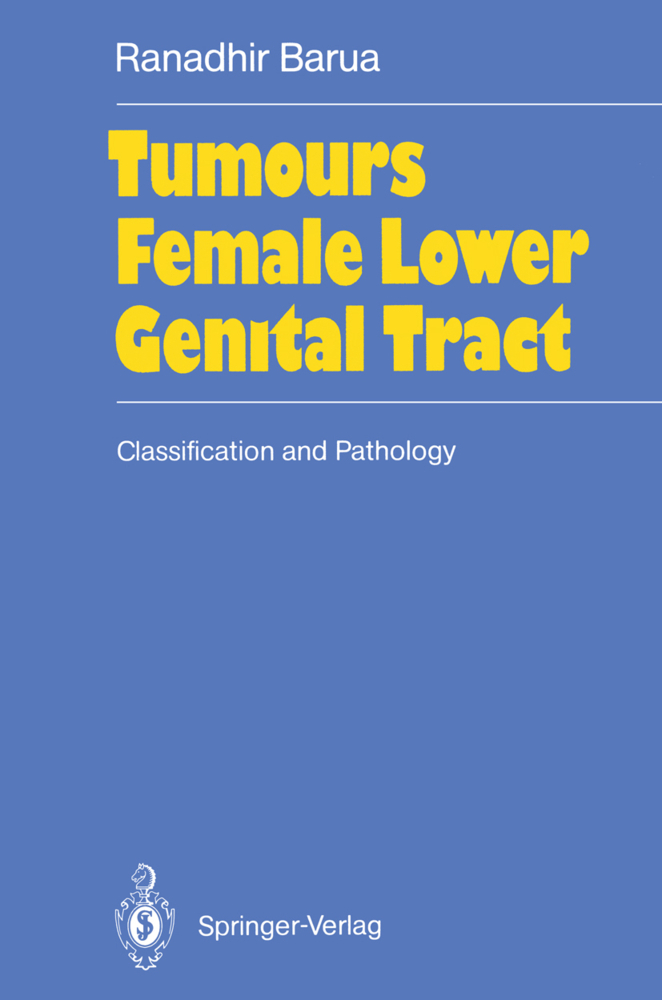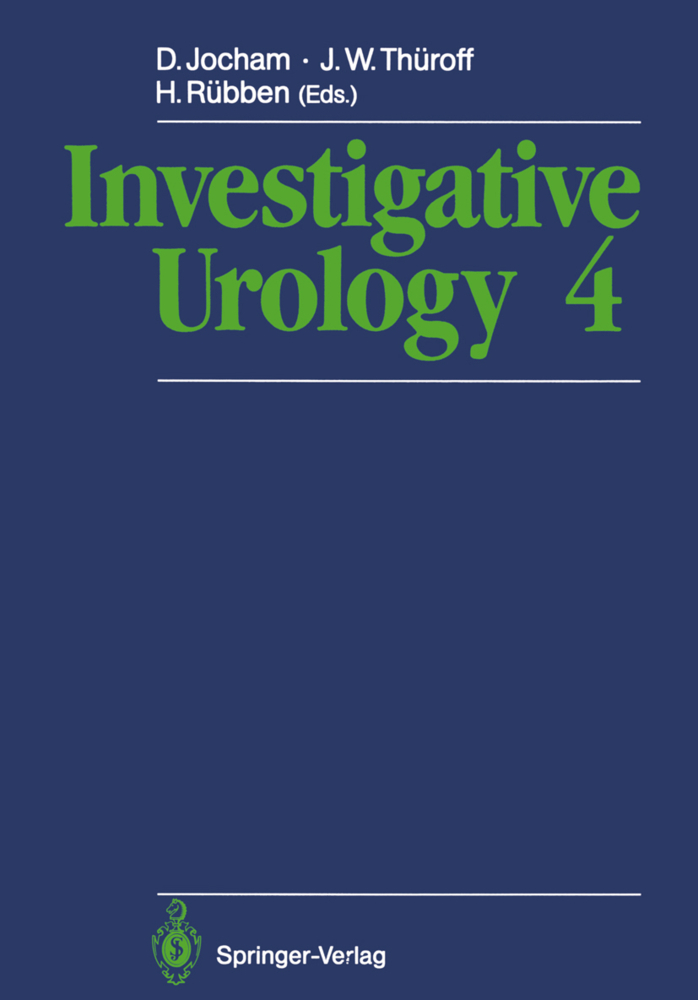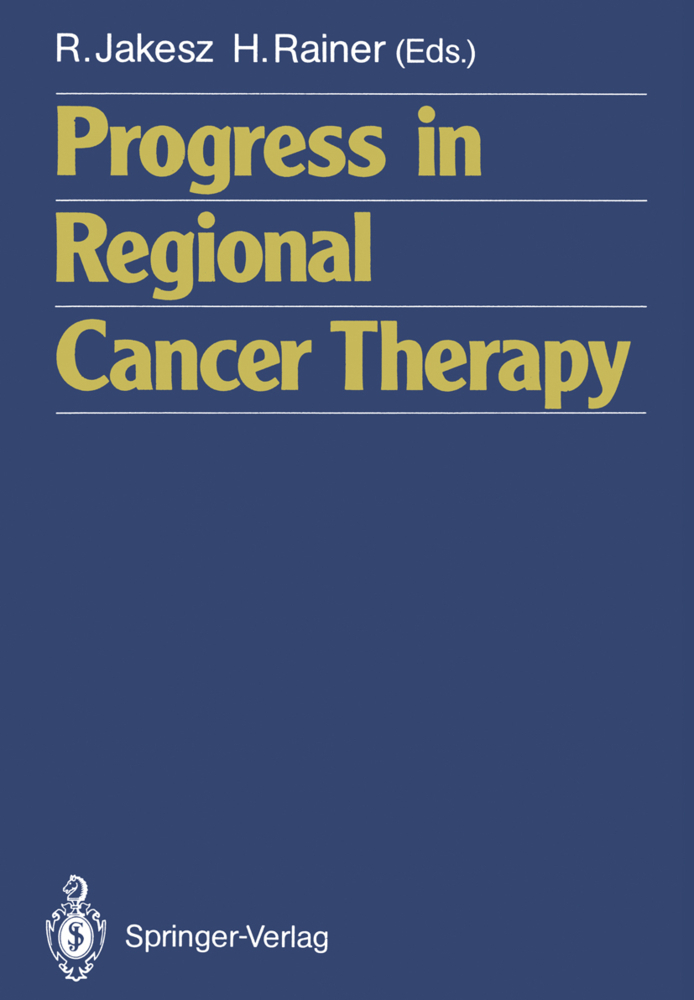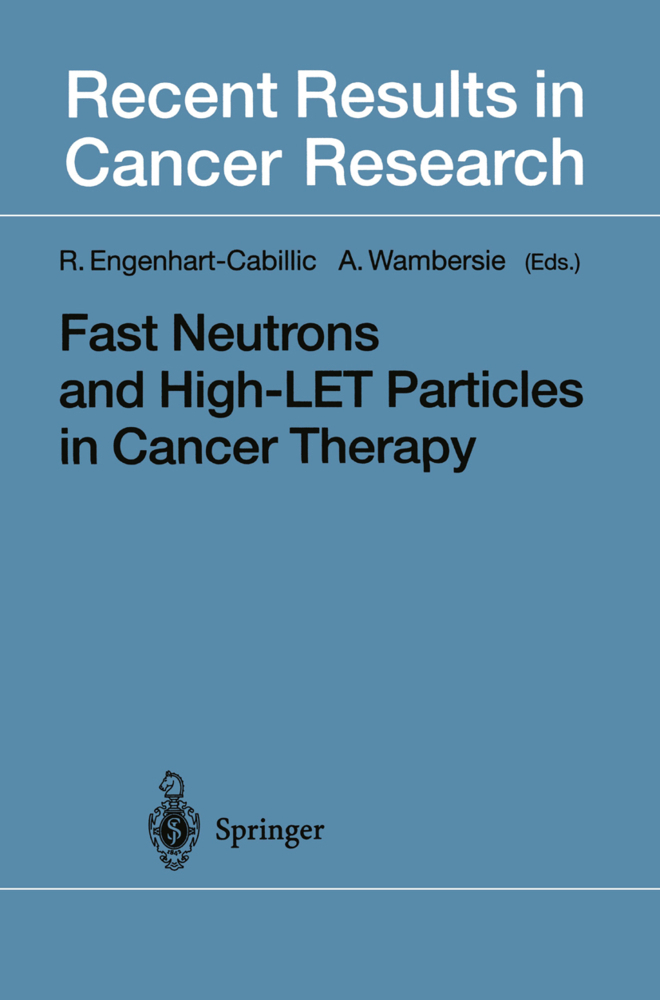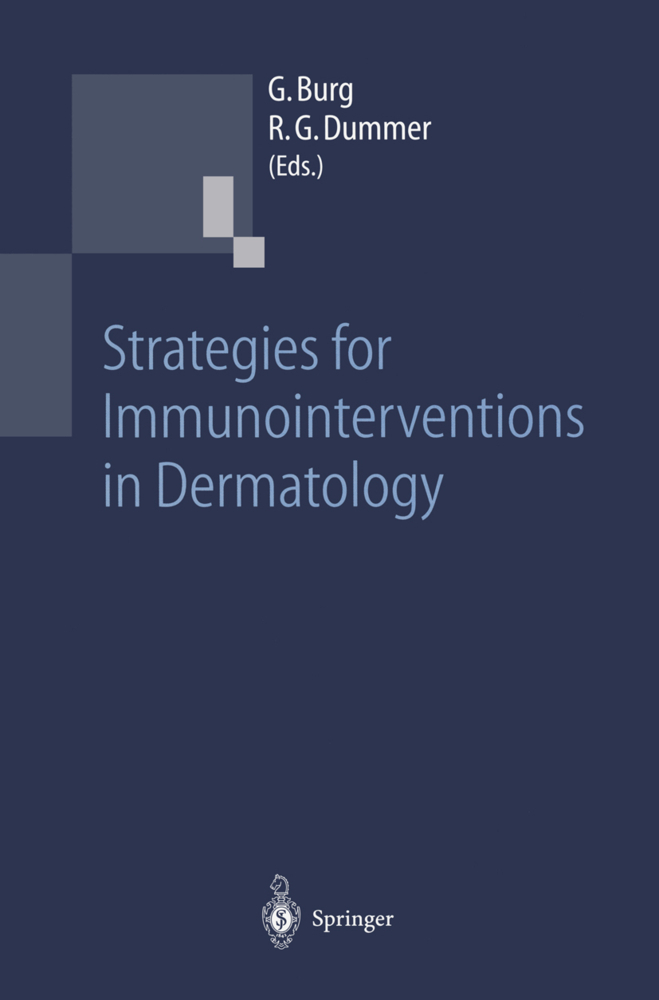Lymphocytes in Immunotherapy of Cancer
Lymphocytes in Immunotherapy of Cancer
In the past, research in cancer immunology has produced informa tion important for other medical disciplines. It helped, for example, in formulating the laws of immunogenetics and in achieving a better understanding of the mechanism governing the fate of allotrans planted tissue. Cancer has often been considered a foreign body, and therefore many attempts have been made to cure it on the basis of the immunological principles applicable to parasitic, bacterial, or viral diseases. Vaccination has been investigated clinically for its po tential to prevent cancer [1], and clinical research into the cure of cancer has included active immunization [2], nonspecific stimulation of defense mechanisms [3], and transfer of passive immunity by cells [4] or by antibodies [5]. These experiments have been of limited value and in some cases have even had an adverse effect. The reputation of cancer immunology has suffered, and the concept has often been severely criticized. However, the basic postulate that cancer must originate from the body's own cells, and that the immune system belongs to the principal regulatory mechanisms, remains valid. In recent years new research into clinical cancer immunotherapy has included critical appraisal of all its potential benefits, and also of the risks and limitations. It is dangerous to make unrealistic promises or to speak or think in terms of "miracle weapons" or a "magic bul let.
Human Lymphokine-Activated Killer Cells and Their Potential for Cancer Therapy
In Vitro and In Vivo Induction of Lymphokine-Activated Killer Cells in Patients with Gastric Cancer and Other Solid Tumors
Tests for Determination of Lymphocyte Activity
Lysis of Autologous Tumor Cells by Blood Lymphocytes In Vitro Requires MHC Class I Antigen Expression
Target Structures for Cellular Immune Mechanisms on the Surface of Epstein-Barr Virus-Infected Malignant and Nonmalignant Lymphocytes
Human Lymphokine-Activated Killer Cells Activated with Interleukin-2 and Tumor Necrosis Factor-?: Implications for Immunotherapy
Interleukin-2 in the Treatment of Malignant Melanoma and Renal Cell Carcinoma
Lymphokine-Activated Human Effector Cells Targeted by Monoclonal Antiganglioside Antibodies: A Preclinical Model for Immunotherapy of Human Melanoma
Comments on the Problems of Immunotherapy with Autologous Lymphocytes
A Clinician's Comments on Cancer Therapy with Lymphocytes.
Therapy of Cancer with Interleukin-2-Activated Natural Killer Cells
T Cell Heterogeneity and FunctionHuman Lymphokine-Activated Killer Cells and Their Potential for Cancer Therapy
In Vitro and In Vivo Induction of Lymphokine-Activated Killer Cells in Patients with Gastric Cancer and Other Solid Tumors
Tests for Determination of Lymphocyte Activity
Lysis of Autologous Tumor Cells by Blood Lymphocytes In Vitro Requires MHC Class I Antigen Expression
Target Structures for Cellular Immune Mechanisms on the Surface of Epstein-Barr Virus-Infected Malignant and Nonmalignant Lymphocytes
Human Lymphokine-Activated Killer Cells Activated with Interleukin-2 and Tumor Necrosis Factor-?: Implications for Immunotherapy
Interleukin-2 in the Treatment of Malignant Melanoma and Renal Cell Carcinoma
Lymphokine-Activated Human Effector Cells Targeted by Monoclonal Antiganglioside Antibodies: A Preclinical Model for Immunotherapy of Human Melanoma
Comments on the Problems of Immunotherapy with Autologous Lymphocytes
A Clinician's Comments on Cancer Therapy with Lymphocytes.
Beck, Lutwin
Koldovsky, Paul
Koldovsky, Ursula
| ISBN | 978-3-540-50457-3 |
|---|---|
| Artikelnummer | 9783540504573 |
| Medientyp | Buch |
| Copyrightjahr | 1989 |
| Verlag | Springer, Berlin |
| Umfang | XI, 100 Seiten |
| Abbildungen | XI, 100 p. 8 illus. |
| Sprache | Englisch |

